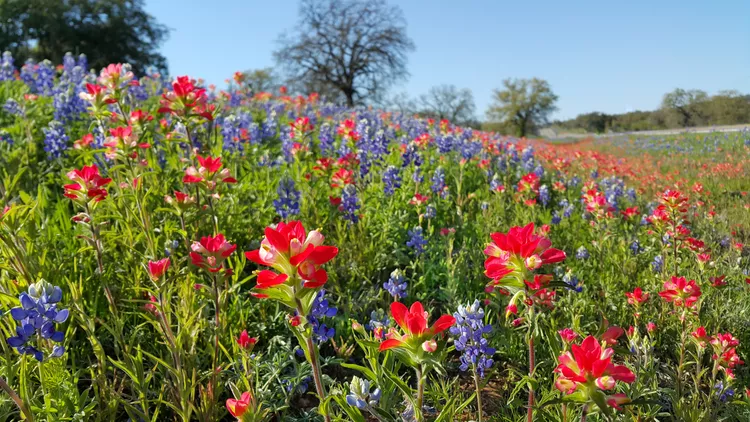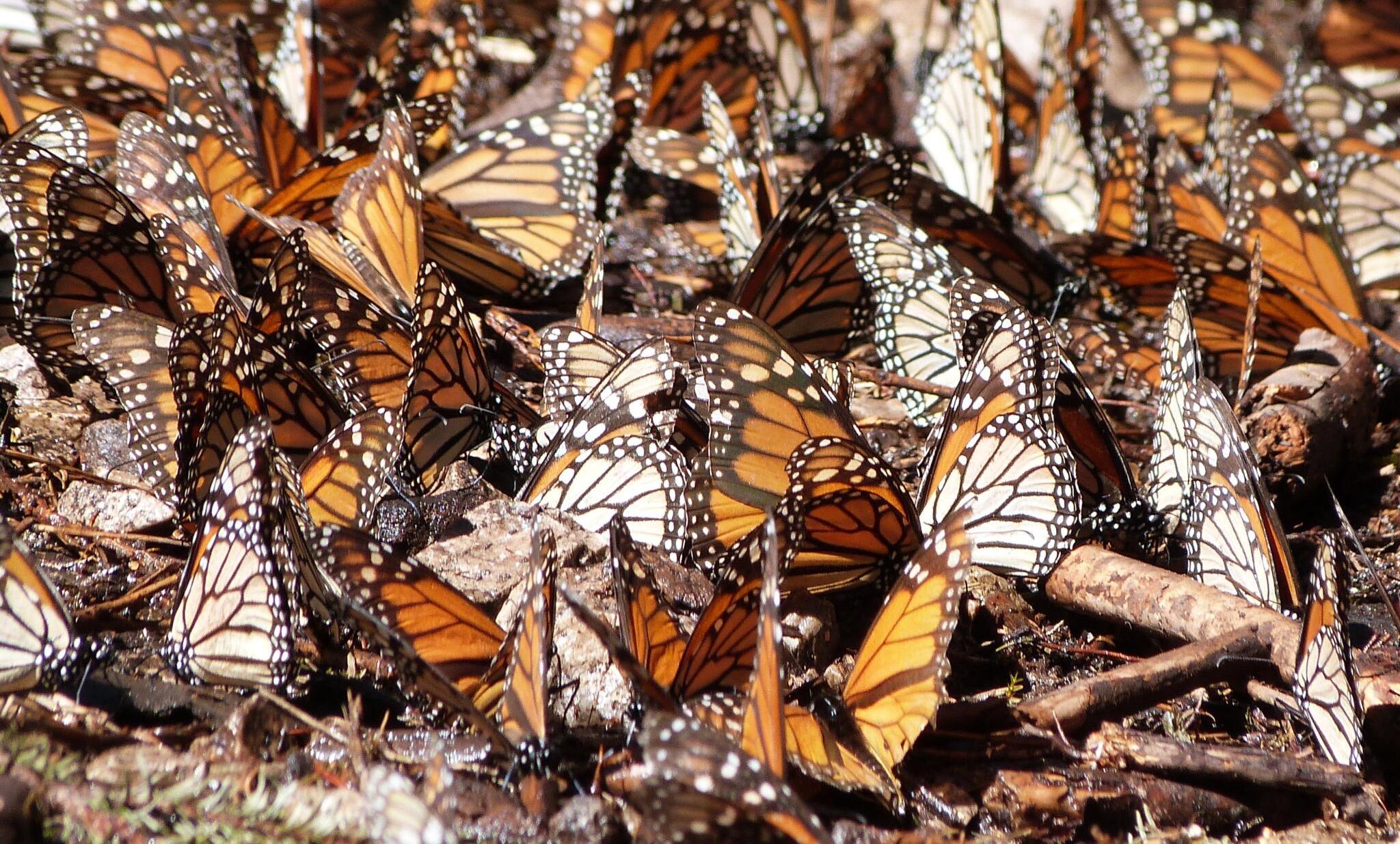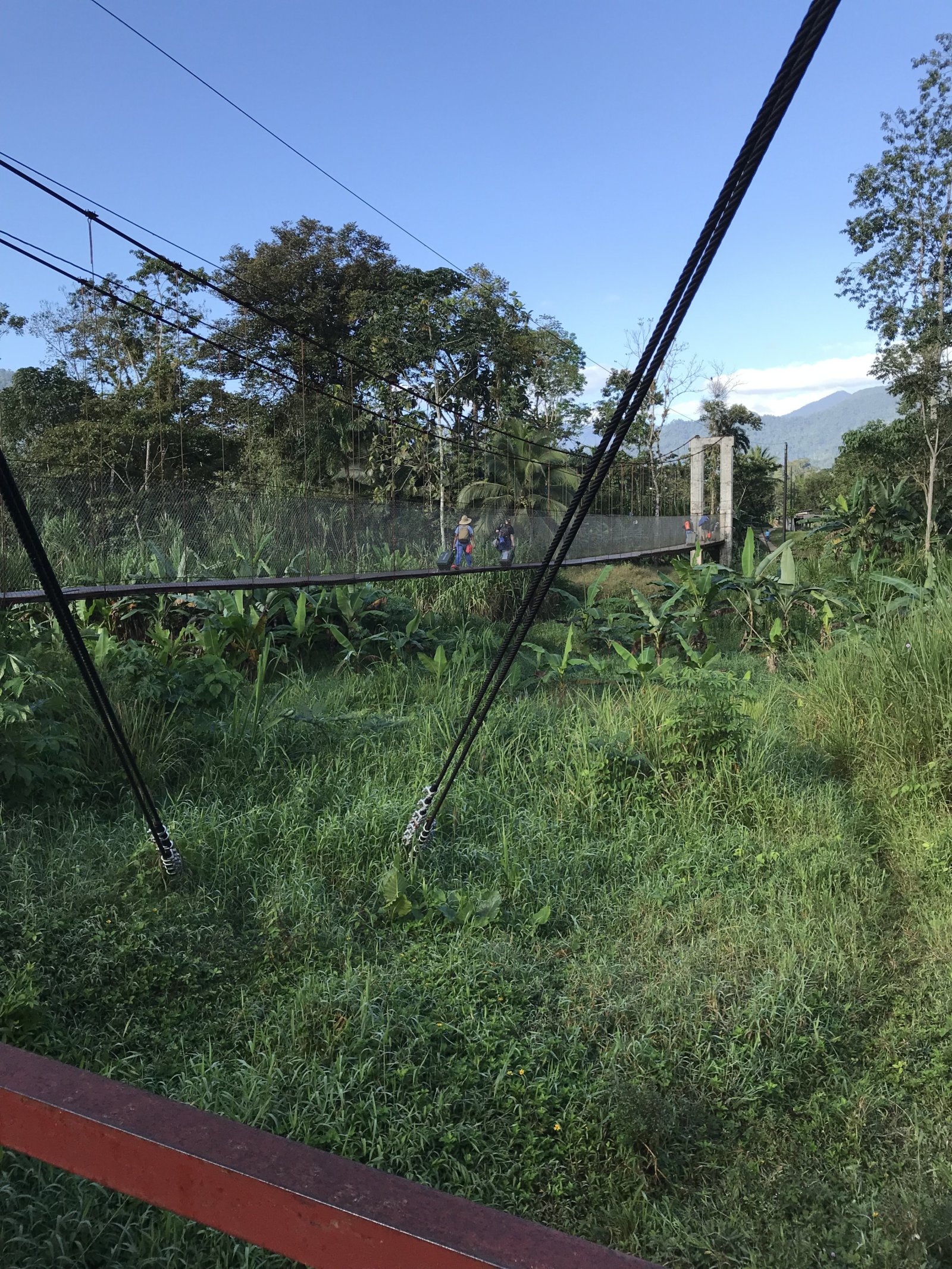Summary
The Texas Hill Country, located west of Austin in south central Texas, bursts with vibrant wildflowers each spring. Texas bluebonnets, primroses, Indian paintbrush, and many more delightful varieties transform the landscape into beautiful ribbons of color. Typically, these flowers start blooming around March, with peak season occurring in March and April.
The ideal way to explore Hill Country is by using Austin as your starting point for a leisurely drive through charming towns such as Fredericksburg, Seguin, San Marcos, and Kerrville. In addition to the main attractions, flowers like verbena, coreopsis, phlox, and beebalm contribute to the area’s stunning panorama.
While in Austin, do not miss the chance to indulge in delicious barbecue, exceptional Tex-Mex cuisine, and an abundance of live music. These experiences highlight the delights of the Hill Country.
Wildflower Season Sometimes Comes Sooner
Researching the winter conditions in the Hill Country can provide insights into the blooming patterns of wildflowers. If the area experiences a milder winter, blooms might appear sooner than March. Adequate fall and winter rains along with warmer February temperatures often lead to early blooms, such as the Texas mountain laurel, which may emerge as early as the end of February. The Lady Bird Johnson Wildflower Center in Austin offers valuable resources for monitoring wildflower forecasts in the Hill Country region.
Austin

The Lady Bird Johnson Wildflower Center is a botanical garden established in 1982, committed to promoting the conservation of native plants. Visitors can appreciate the tranquility of the garden while learning about native plant life in a rich natural setting. Lady Bird Johnson, the wife of President Lyndon B. Johnson, was a pivotal figure in conservation and played a significant role in the Highway Beautification Act of 1965. Her vision continues to inspire at the Wildflower Center, which became a part of The University of Texas at Austin in 2006.
Fredericksburg

From March through October, Wildseed Farms welcomes visitors to experience stunning wildflowers in bloom. April is particularly ideal for a visit. The facility features “the meadows,” a lovely walking trail where guests can stroll through trial gardens showcasing various wildflower seed varieties. To enhance the experience, Wildseed Farms also provides a “picking” section, allowing visitors to create their own wildflower bouquets.
Since 1983, Wildseed Farms has cultivated extensive fields of wildflowers and is recognized as one of the largest working wildflower farms in the United States, boasting over 200 acres in Fredericksburg, Texas alone. Admission is free, and the Wildflower Market Center operates year-round, open seven days a week.
The Willow City Loop

Fredericksburg’s Willow City Loop spans 13 miles of picturesque country road, showcasing some of the oldest geological formations in the Texas Hill Country. This stunning and rugged landscape is remarkable year-round but becomes even more breathtaking during wildflower season. The road winds through scenic canyons shaped by Coal Creek and climbs over hilltops offering captivating views. At the height of wildflower season, vibrant colors from numerous wildflower varieties blanket the hillsides and meadows.
Kerrville

Located in the heart of the Texas Hill Country, Kerrville is a vibrant community of approximately 20,000 residents nestled on the Edwards Plateau eco-region. This area is well-known for its rugged landscapes, rocky hills, expansive divisions, sprawling cedar trees, towering cypress trees, and the scenic Guadalupe River.





